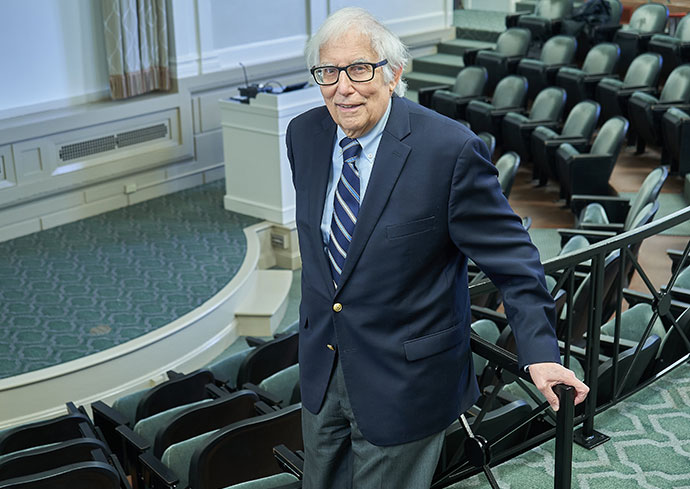Impact Players: Sport Analytics Students Help Influence UFL Rules and Strategy
When seven students from the Department of Sport Analytics in the David B. Falk College of Sport started working for the United Football League (UFL) this past winter, league officials explained the kind of data they had available and asked…


